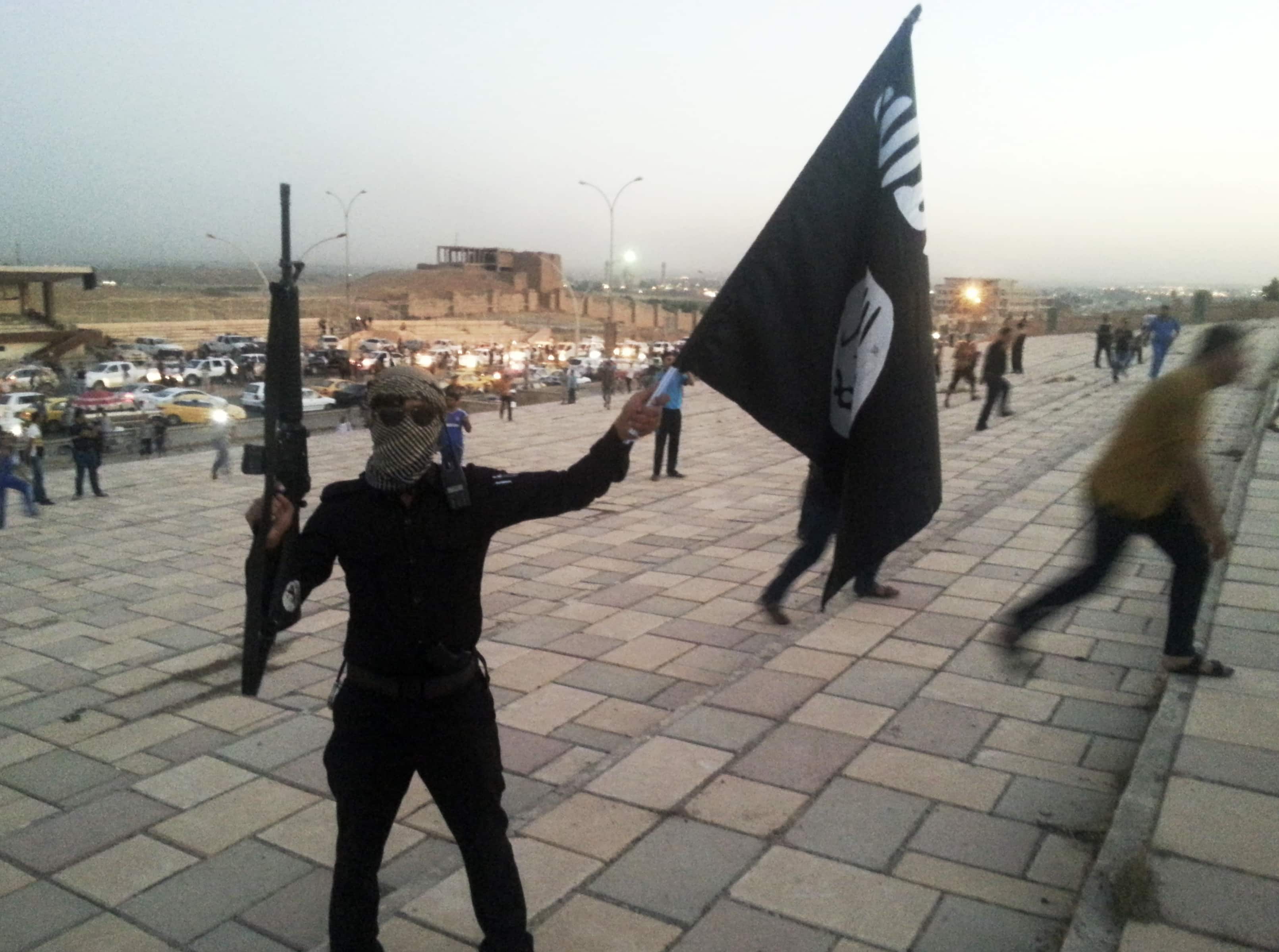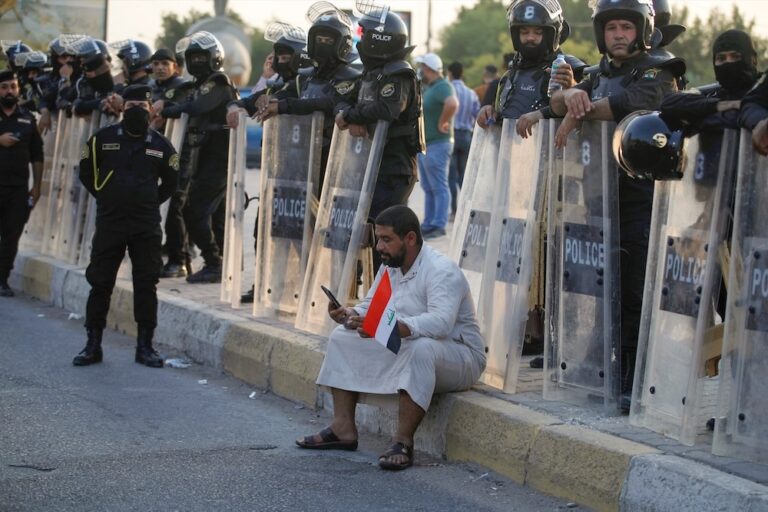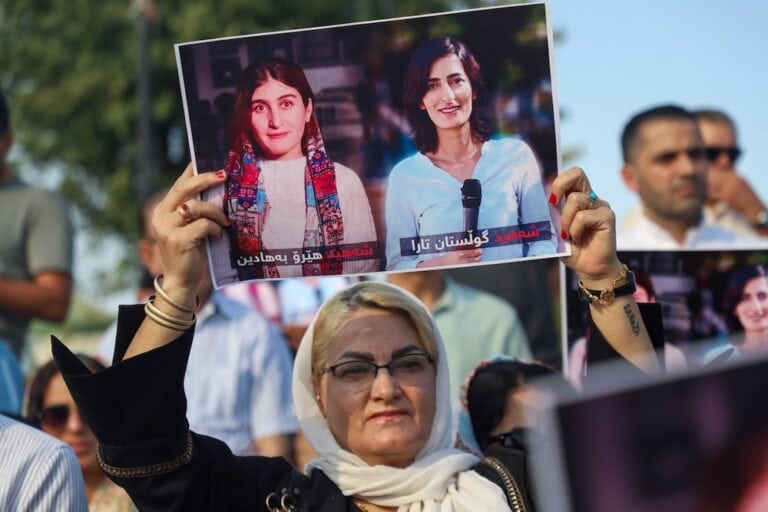The Islamic State offensive in Iraq that began last June, shows that journalists are more unprotected than ever in the face of mounting danger.
Reporters Without Borders expresses grave concern over the fate of Raad Mohamed Al-Azaoui, an Iraqi journalist taken prisoner by ISIS on 7 September and threatened with beheading. The Islamic State offensive in Iraq that began last June, shows journalists more unprotected than ever in the face of mounting danger.
“The Islamic State since its emergence has made journalists a terror target,” said Virginie Dangles, assistant research director of Reporters Without Borders. “The terrorist organization, in setting up an apparatus for kidnapping and executing news professionals, is attempting to eliminate all those who refuse to swear allegiance to ISIS.”
Al-Azaoui, a camerman for Sama Salah Aldeen TV, was captured by members of the Islamic State, accompanied by about 20 Iraqi nationals, in Samara, in Salahuddin province, north of Baghdad. The jihadist organization has announced that it plans to carry out its decapitation threat because the journalist refused to work for the Islamic State.
Three weeks earlier, on 15 August, members of the jihadist organization had captured Ahmed Khaled Al-Dlimi – known as Bassem Ahmed Al Watani – in Tikrit. His fate remains unknown.
Metro Center, an Iraqi journalists’ rights NGO based in Suleimaniya in Iraqi Kurdistan, has expressed concern following the 13 August capture of journalist and Yazidi activist Tarek Salah Shankali. According to some information from people close to him, Shankali was killed soon after he was taken. But other sources claim he remains a prisoner of the Islamic State.
Iraq’s Journalistic Freedoms Observatory – RWB’s partner organization in Iraq – confirms that ISIS publicly threatened nine journalists by name in Mosul and Salahuddin provinces. The jihadist organization demanded that they stop their professional activities and join ISIS ranks or face execution. In addition, rumours are circulating to the effect that ISIS has seized digital files with personal data on journalists in the two provinces.
On 1 September, the home of Al-Hurra TV correspondent Maitham Al-Chibani in the city of Al-Diwaniya, south of Baghdad, was targeted for attack by unknown armed men. The attack left major damage though no injuries. Axel Balat, UNESCO director for Iraq, responded by sounding the alarm concerning attacks on Iraqi journalists. He urged that all measures be taken to assure their safety.
Media organizations are paying a heavy price for the chaos raging through Iraq. On 24 August, the offices of Al-Fayhaa TV, located in Basra Province in southern Iraq, was targeted by a major grenade attack by an unidentified armed group. The attack did not claim any victims.



